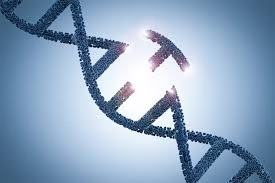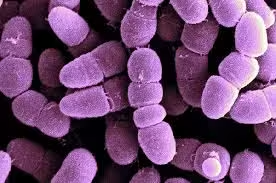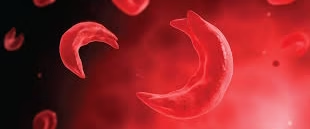
Introduction Mutation refers to a heritable and permanent change in the nucleotide sequence of genetic material (DNA or RNA). Mutations are fundamental biological events that generate genetic variation. Genetic variability Read More ……..
Simplifying Allied Health Learning.

Introduction Mutation refers to a heritable and permanent change in the nucleotide sequence of genetic material (DNA or RNA). Mutations are fundamental biological events that generate genetic variation. Genetic variability Read More ……..

Introduction Clostridium is a genus of Gram-positive, spore-forming, obligate anaerobic bacilli of major medical importance. These organisms are widely distributed in soil, dust, water, and the gastrointestinal tract of humans Read More ……..

Introduction Ageing is a complex, progressive, and irreversible biological process. It is characterized by a gradual decline in physiological and cellular functions. There is a reduction in homeostatic capacity, leading Read More ……..

Introduction Degradation pigments of haemoglobin are coloured products formed during the normal breakdown of haemoglobin. Haemoglobin degradation occurs after the destruction of senescent red blood cells, which have an average Read More ……..

Introduction Hemoglobin is a complex iron-containing protein present in red blood cells. It is responsible for the transport of oxygen from the lungs to body tissues. Hemoglobin also plays a crucial Read More ……..